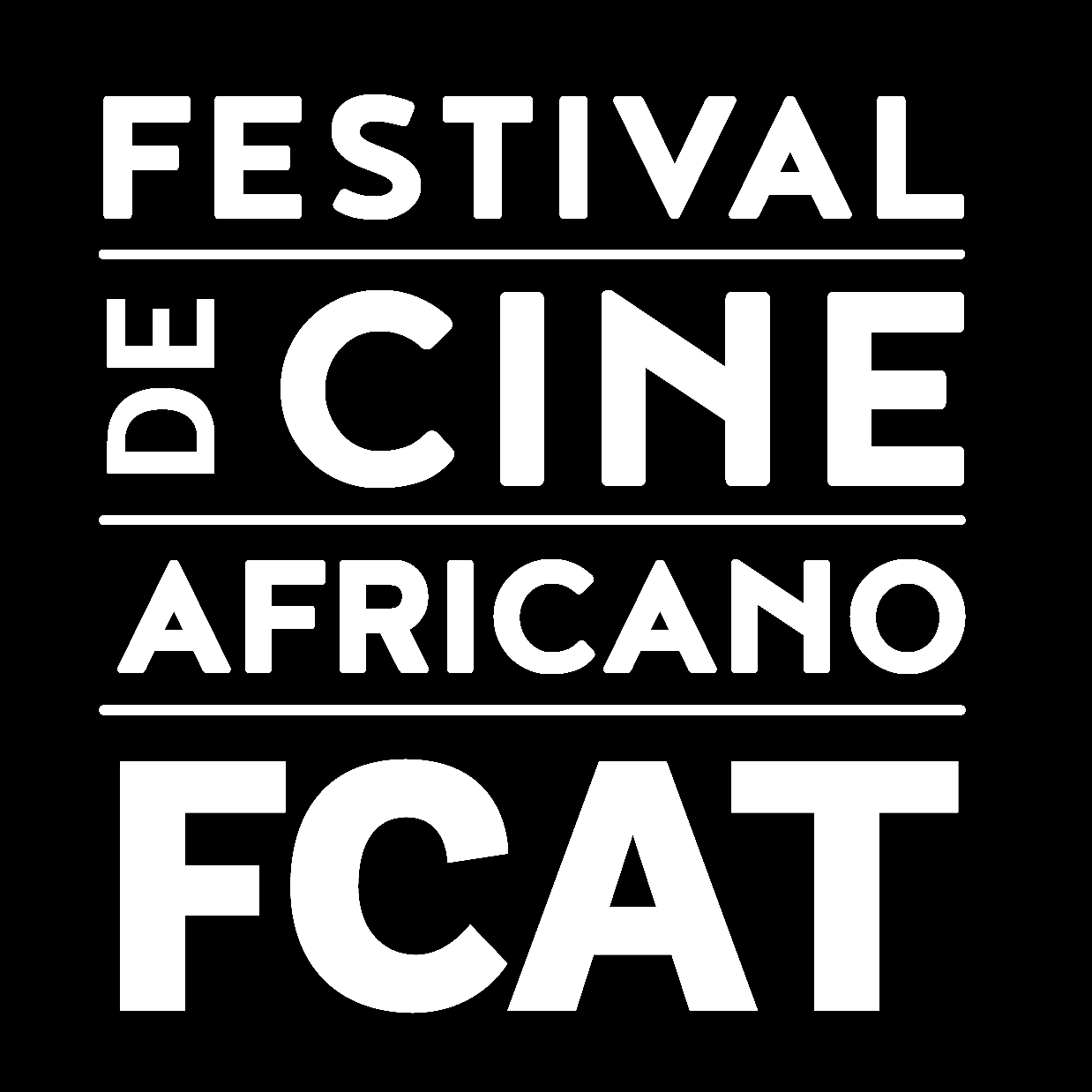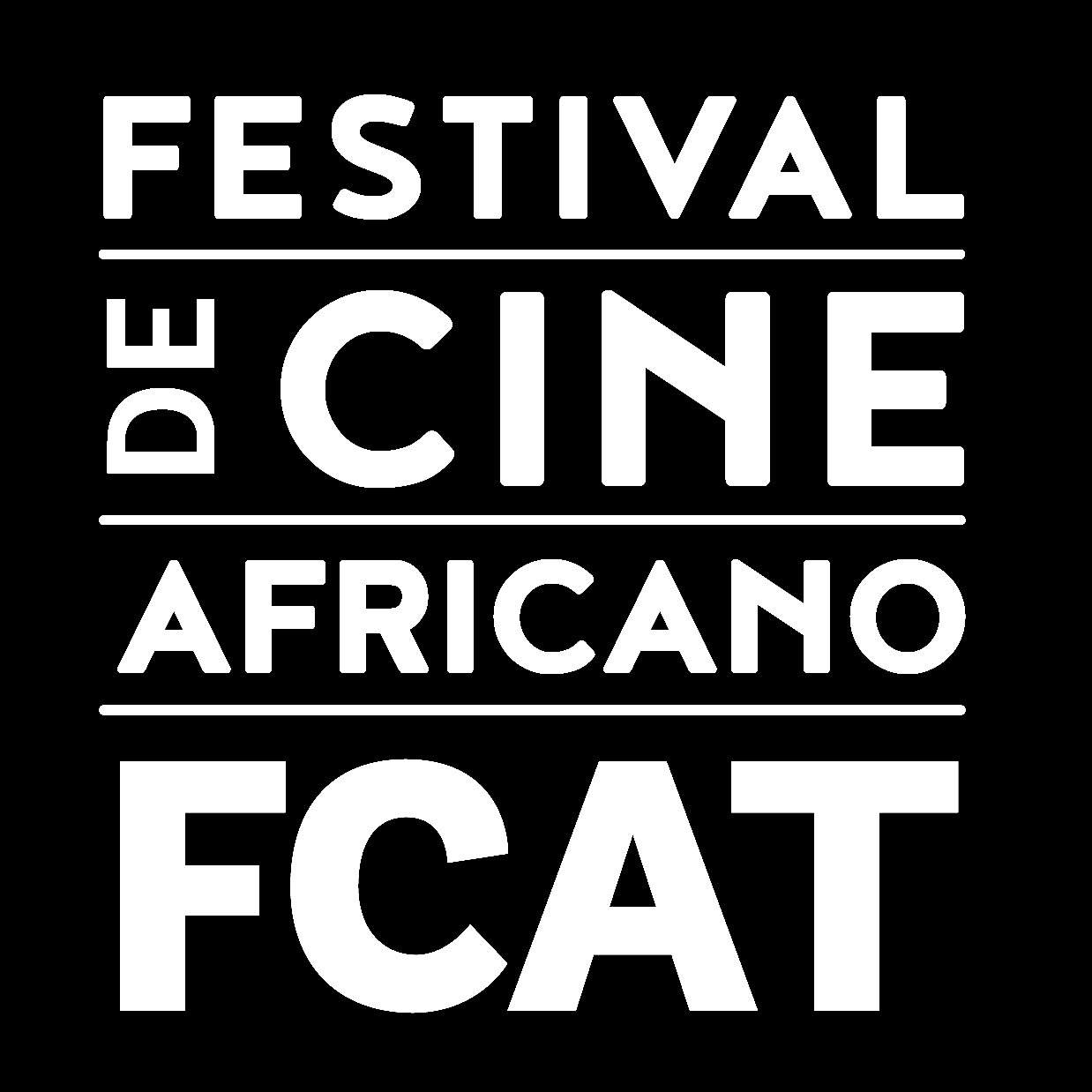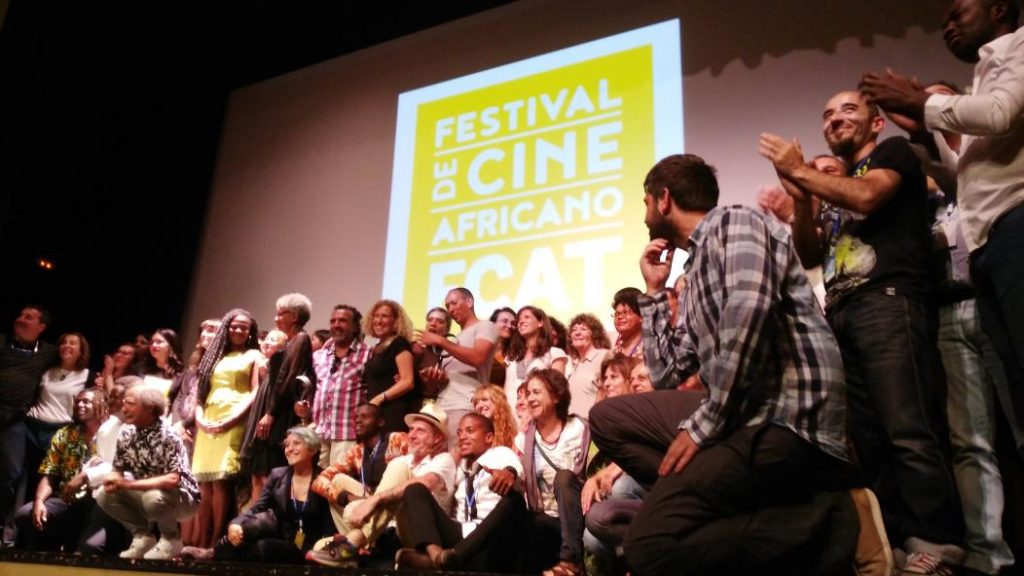The audience of the African Film Festival in Tarifa, Spain and Tangiers, Morocco, voted The Endless River as the best feature length film.
Audiences from both sides of the African Film Festival, Tarifa in Spain and Tangier in Morocco have voted the “Two shores’ Prize” of the best fiction feature film for the South African film The Endless River. Mayors of Tarifa and Tangier have jointly handed the award to Hermanus in the sidelines of the closing ceremony held at Alameda Theatre of Tarifa, Spain.
Hermanus ’s third feature film narrates a love story in post-apartheid South Africa. A young waitress welcomes her husband home to the small town of Riviersonderend after his four-year jail sentence. At first it appears their plans for a new life together are finally going to come through. But when the family of a foreigner living on a nearby farm is brutally murdered, the young woman and the grieving widower begin gravitating towards each other. Trapped in a cycle of violence and bloodshed, the two form an unlikely bond seeking to transcend their mutual anger, pain and loneliness.
Oliver Hermanus was born in Cape Town in 1983. He began his career as a press photographer in events like the Glastonbury Music Festival and the G8 Summit. He graduated in Film and Visual Arts at Cape Town University. He also obtained a scholarship to study at California University. In 2006 he completed an MA in practical filmmaking at the London Film School. Since then, he has directed several short films, documentaries and three feature films: Shirley Adams, Skoonheid and The Endless River, all selected at numerous international film festivals. Skoonheid in particular was screened at the Cordoba African Film Festival in 2012.
Besides the Audience Award, five other awards were given. The narrative feature prize, ‘Tarifa’s Griot’, was won by David Constantin’s Lonbraz Kann (‘In the shade of sugar canes’, Mauritius, France, Mozambique, Reunion, 2014), with Hassen Ferhani’s Fi Rassi Rond-Point (‘A roundabout in my head’, Algeria, France, Lebanon and Qatar, 2015) receiving a special mention.
On the documentary side, Hisham Elladdaqi’s La Route du Pain (‘The bread road’, Morocco, France, Belgium, 2015) took home the ‘Concord’s Award’ for the best documentary feature.
The Award for the best short film, given by the festival’s Youth Jury, went to Farid Bentoumi’s Un Métier bien (‘A good job’, Algeria, France, 2015). The Tunisian actress and singer Ghalia Benali received the Award for best actress with her performance as the mother of the main character in A peine j’ouvre les yeux (‘As I open my eyes’, Tunisia, France, Belgium, 2015), a feature length film by Leyla Bouzid.
FCAT, a crossborder film festival on both sides of the Strait of Gibraltar
The 13th edition of the African Film Festival was inaugurated on 26 May in Tangiers (Morocco) and on 27 May in Tarifa (Spain). The two cities are located on the northern and southern shores of the Strait of Gibraltar with only are 14 kilometers separating them.
Coined by its sponsors as a ‘’bridge between cultures’’, this festival is the first cultural event in the history of the Strait taking place simultaneously on both shores, the African and the European. During 9 days, the event celebrated Africa’s finest film artists by showcasing the richness and diversity of African films in their original languages, with Spanish and French subtitles.
In Tangiers, the festival took place at the Cinémathèque de Tanger, the city’s cultural lighthouse. The Cinémathèque used to be the Cinéma Rif, a meeting point of the former Spanish colony. After its closure for renovation, it re-opened in 2007 and now houses two screening halls as well as an archive with more than a thousand films produced in colonial and post-colonial times, not only in Morocco but also in other Arab countries.
The film programme consisted of 76 titles produced in 17 African countries – among which Morocco with 11 films, Algeria and Egypt with 5 films, South Africa and Tunisia with 4 films, Senegal with 3, and Madagascar and Mauritius with 2. In addition, films from 9 non-African countries were also screened.
No fewer than 13 feature films and documentaries competed for a prize in a film section entitled Hyperopia or farsightedness. The majority of the competitive films’ authors have attend the festival and participate in the different activities aiming to contextualize the films and their contents for the festivalgoers and attending journalists. Hicham Elladdaqi presented his documentary film La Route du pain (The Bread Road, Morocco, 2015) as well as Aicha Boro, filmmaker of Farafin Ko : une cour entre deux mondes (Farafin Ko: A Courtyard between Two Worlds, Burkina Faso, 2014). Three South African filmmakers were also be in attendance: Sibs Shongwe – La mer presenting Necktie Youth (South Africa, 2015), Oliver Hermanus with The Endless River (South Africa, 2015) and Teboho Edkins presenting Coming of Age (South Africa/Lesotho, 2015). Lastly, David Constantin presented his film Lonbraz Kann (In the Shade of Sugar Canes, Mauritius, 2014).
However, though Rama Thiaw failed to arrive in Tarifa, her latest documentary The Revolution Won’t Be Televised (Senegal, 2016) was screened.
Also, 13 short films (both fiction and documentary) have competed in the section ‘In short’. Two short film authors participated in the festival: Raimundo Bernabé Nnandong filmmaker of Aricó caliente (Cooked Beans, Equatorial Guinea, 2015) and Mbaye Fall, filmmaker of Xaar Yallah (Waiting for God, Senegal, 2015).
In addition, there were also five non-competitive sections: ‘AfroScope’, an eclectic film selection about contemporary African realities; ‘Africa in rhythm’, showcasing films about African dances and musics; ‘If Tangier were sung to me’ which consisted of three films directed by Spanish filmmakers; ‘Estrechando’, which was dedicated to stories taking place in both shores of the Strait; lastly, a section on ethnographic cinema, ‘We the aliens’.
Several parallel activities also took place, including a crossborder radio with students from Tangier’s and Tarifa’s schools, morning screenings in Tarifa gathering approximately 3,000 school children. Specialised audiences met in the various side events such as ‘The Palaver tree’ or the ‘Film Appetizers’.
Broad support
The festival’s main source of support comes from the city councils of Tarifa and Tangiers, the Cadiz provincial council, the Tangiers, Tetouan and Alhucemas Wilaya (provinces) and the Northern Morocco Development Agency (APDN).
To date, FCAT’s main sponsors are the Spanish Cooperation Agency (AECID), the ACERCA training programme, the International and Ibero American Foundation for Administration and Public Policies (FIIAPP) and Aqualia. In addition to these, sponsors are also the Spanish branch of Chaabi Bank, the Chaabi Bank Foundation and the Foundation for the Three Cultures of the Mediterranean.
About the organisers
The festival is organized in Spain since 2003 by the ONG Al Tarab, which promotes African cinematography in Spain and Latin America, thus contributing to a better mutual understanding as well as to the development of culture and film industries.


